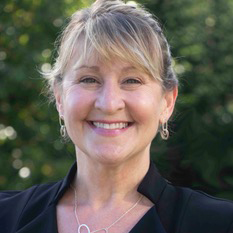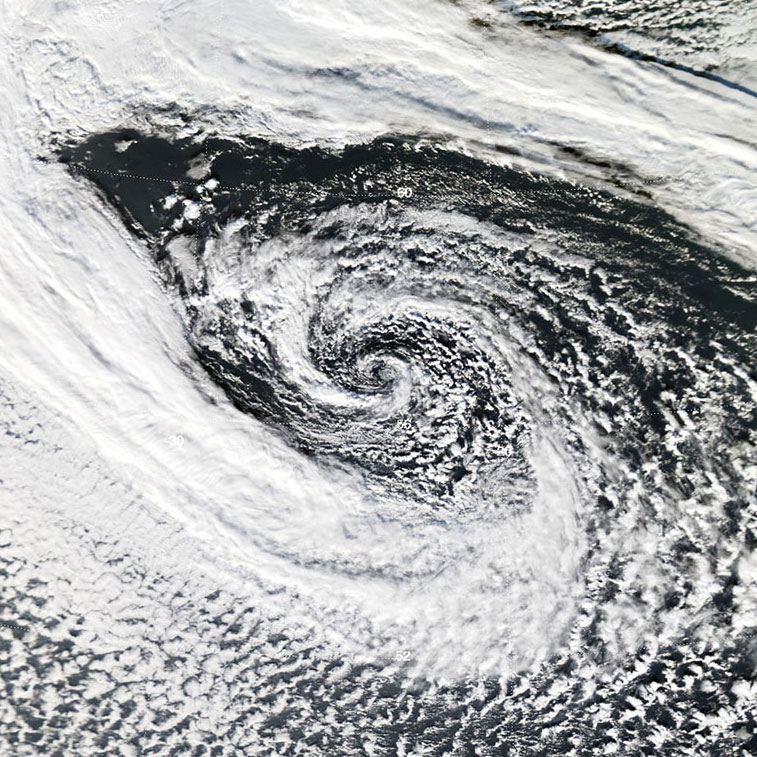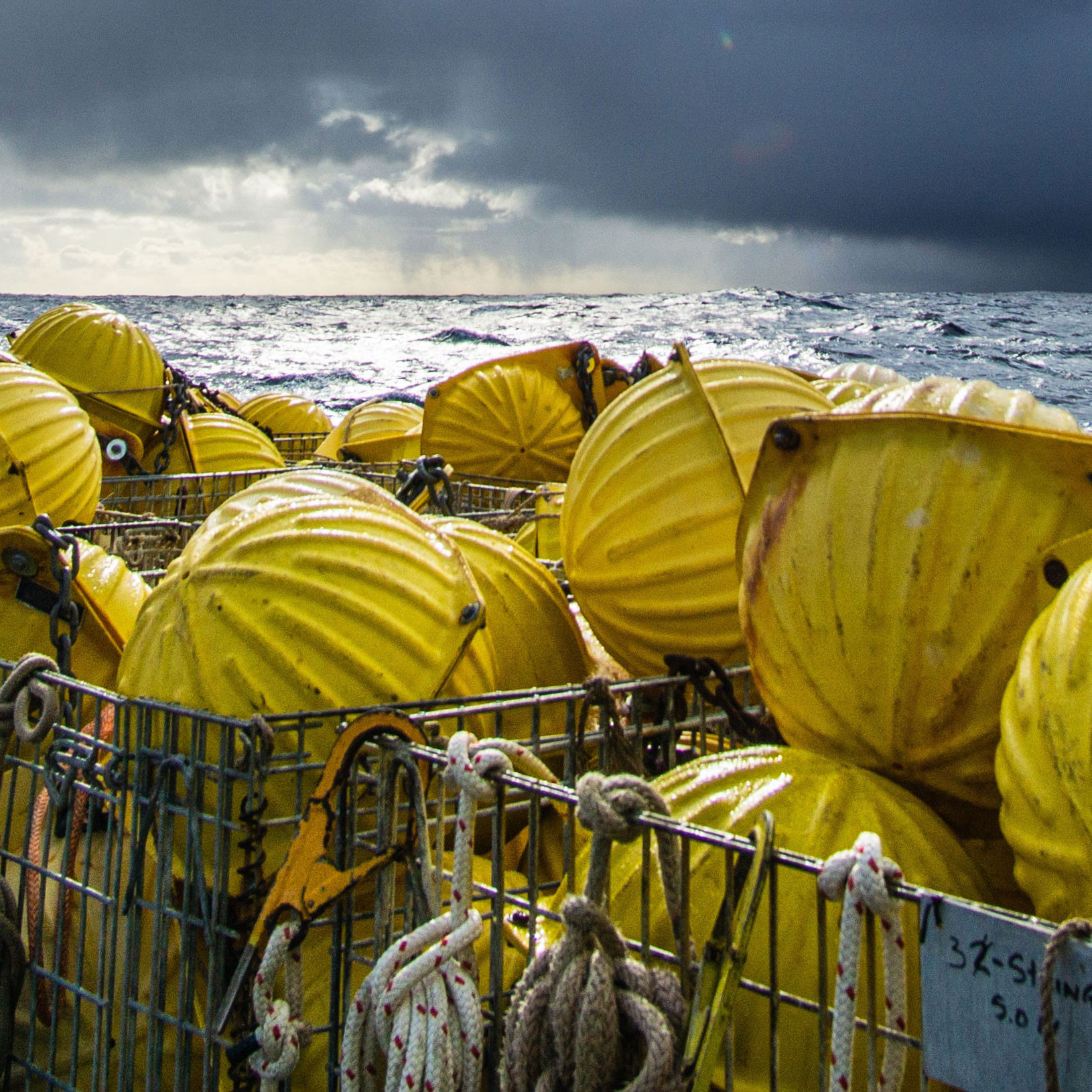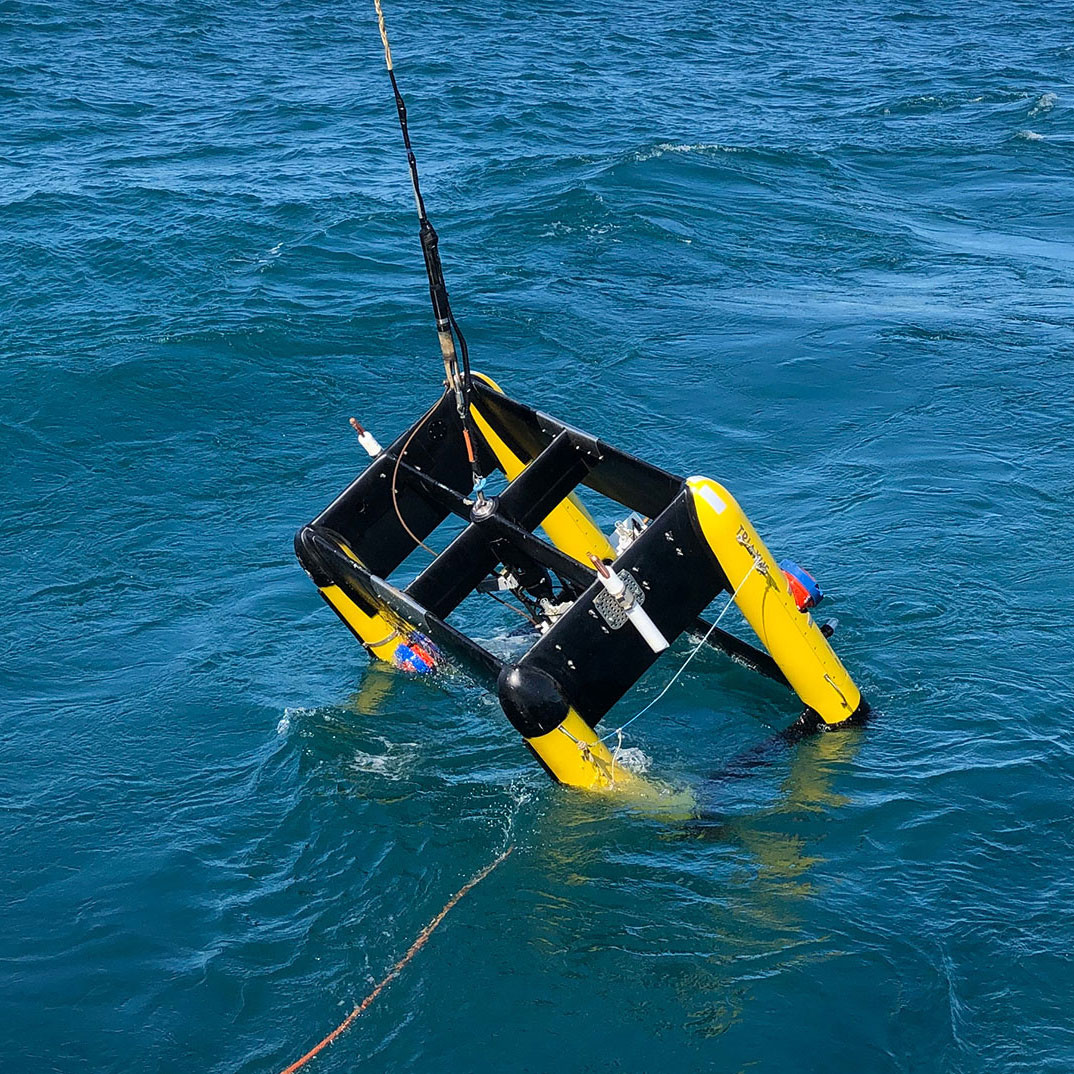TOS News

FROM THE TOS PRESIDENT
Deborah Bronk
Hello TOS members! This month I encourage us all to ponder the question…
Why do scientists do so much work for free?
I am at that stage in my career where I frequently am asked to review programs. I believe in service, so I always say yes if my schedule allows. This topic came up during a dinner with friends a while back, one a lawyer and one in finance. They asked me whether my fee for doing these reviews went to me or Bigelow? My response—what fee? I did note that I often get a big hug and a coffee mug. They were shocked!
It got me thinking about all the work scientists do for free. Indeed, some of the most important activities that form the very foundation of the scientific enterprise are done without pay. In general, we are not paid to review proposals or to serve as outside members on thesis committees. Delivering an invited seminar or presentation rarely comes with compensation.
Publishing houses reap huge profits from the papers we send them for free. Unpaid reviewers spend hours evaluating their content. Finally, to add insult to injury, we are then charged publication fees if our manuscripts are accepted. As a lucrative business model, academic publishing is tough to beat, powered largely by the unpaid labor of the scientific community.
On the other hand, the system is not without its benefits. A community of people willing to serve the greater good without financial compensation may be one of the reasons a life in science attracts so many wonderful people. Still, if the old saying is correct—people value what they pay for—how does this impact how science is perceived within our community and in society at large?
I think it is definitely worth a bit of thought and discussion, perhaps at the pub after you finish volunteering as a judge at the local science fair.
I’m here to serve, so please reach out to me at [email protected] if you have any concerns or ideas of how TOS can better serve its members and the work they do.
EVENTS NEWS
OCEANOGRAPHY NEWS
HIGHLIGHTED EARLY RELEASES FROM THE UPCOMING NISKINe SPECIAL ISSUE

Observations of the Upper Ocean During Extratropical Cyclone Epsilon (2020)
The upper ocean response to the passage of the storm was observed by three types of autonomous platforms. READ MORE

Near-Inertial Energy Variability in a Strong Mesoscale Eddy Field in the Iceland Basin
A deployment of moored sensors in Iceland Basin allows characterization of near-inertial internal gravity wave generation and propagation. READ MORE

Blocked Drainpipes and Smoking Chimneys
Discovery of new near-inertial wave phenomena made from observations on the northern rim of an anticyclone in the Iceland Basin. READ MORE
STUDENT AND EARLY CAREER NEWS

STUDENT HIGHLIGHT
Shania Brown
Shania is currently pursuing a graduate certificate in Geographical Information Systems at Antioch University. She has a wide array of experience in environmental conservation, species identification, and management for both marine and terrestrial ecosystems in The Bahamas. The support of her family and faith has been the foundation of her success. Ultimately, Shania hopes to further her career in environmental research, policy, and science communication and to trailblaze a space that is not only inclusive but accessible to all youth. She enjoys collaborating with global professionals and discussing youth empowerment strategies for those aspiring to enter this field.
COMMUNITY NEWS
MARINE HEATWAVES
A Training Workshop for Graduate Students and Postdocs from Around the World
August 18–31, 2024 | Friday Harbor Laboratories
During recent years, marine heatwaves (MHWs) have strongly impacted marine ecosystems around the world. The Marine Heatwaves Training Workshop will take student participants on a global tour of major MHW events guided by recognized experts in the field. Student participants will learn how to use the standard methods for detecting and quantifying MHWs as well as the new methods being developed for attributing the role of anthropogenic climate change in generating and/or amplifying MHWs.
Student participants will be supported with full scholarships covering all fees, housing, and meals. Applications should be submitted prior to April 15, 2024 for full consideration.
Sign Up for TOS News

© 2026 The Oceanography Society
1 Research Court, Suite 450-117, Rockville, MD, 20850, USA | Phone: (1) 301-251-7708 | [email protected] | Privacy Policy





